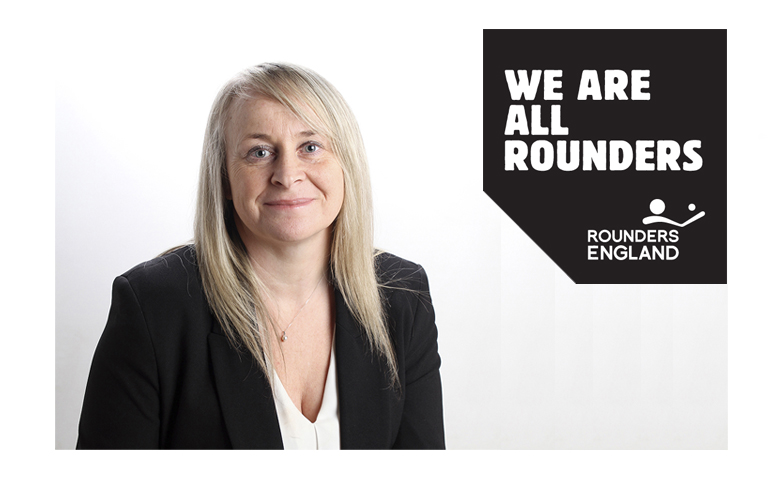Following the release of Active Lives Adult Survey by Sport England, Natalie Justice-Dearn, CEO of Rounders England, commented:
Driven predominately by traditionally more inactive groups, such as women, over 55+ and those with disabilities, we at Rounders England are so encouraged to see the rise in activity levels before the Covid-19 outbreak.
Inclusivity is such an important aspect to sport and one we are enthusiastically championing. We must all do what we can to ensure our sports are open to all, regardless of age, socio-economic status, gender or disability.
One aspect of the report that I found particularly welcoming was the clear bridge that sport plays in elevating people from loneliness to higher levels of happiness. Physical activity and mental wellbeing are so intrinsically linked that we must continue to work hard to ensure sport is inclusive and actively seeks out those in the community that need it most. The benefits outlined from this study, and other studies we have reviewed, are clear and universal.
The report did also show that activity inequalities linked to ethnicity and affluence continue to exist, with those from ethnic backgrounds and people in lower socio-economic groups less likely to be active. This presents a challenge to us all, a challenge that existed before the pandemic took hold, during lockdown and one that will be with us after – in whatever form we emerge from this current crisis. Disparities are clear between those that have space to exercise and those that do not, and I believe that team sports, like rounders, with their access to fields and facilities, as well as being a low investment sport to enter into, will be pivotal in supporting this, and we look forward to working with Government and other sporting bodies to tackle these issues.
An area where rounders can lead is that of supporting within ethnic communities and those with socio-economic disadvantages. Rounders has had tremendous success in working with Muslim communities and females within that community. Our work with Ready Steady Active (RSA) Rounders League is a great example of this. RSA is run independently by Rashida Salloo to address the issues and barriers she faced playing sports while coming from a background which made it difficult to participate in sport. The initiative is currently delivered mainly in the towns of Batley and Dewsbury (which are areas of deprivation: IMD 1-3) where there is a great need for community cohesion. The program has engaged over 200 women and girls many of whom were completely inactive. The project supports inclusion by delivering activities in community-based venues which are close, affords privacy, familiar and at a low cost or for free. It allows women who wear hijabs and nikaabs to feel comfortable joining it. It aims to reduce as many barriers as possible to open physical activity to all.
The fact that rounders has been central to RSA is, we think, a testament to the sport’s enduring popularity and ease of access from the schoolyard to pensioners.
As we find ways to live through this current crisis, we hope that reports like this provide the future with the evidence of the imperative to support and fund sports, and celebrate the positive aspects it has on society and individual wellbeing.



